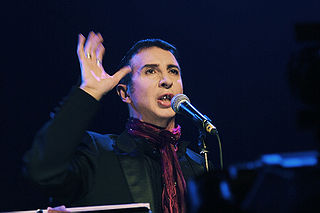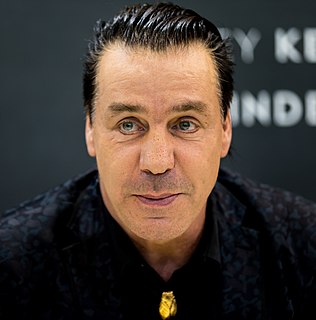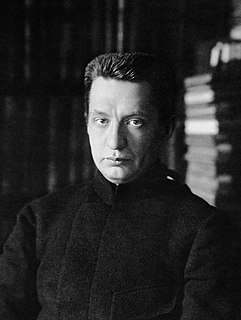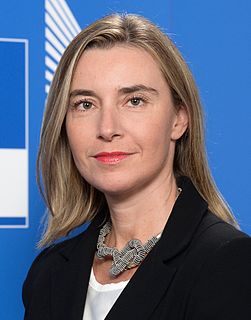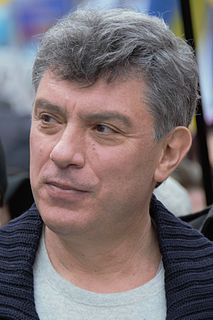A Quote by Marc Almond
We just kind saw the images and knew the cliches, so to have the opportunity to go there and learn something about Russian music and about Russian people and to see things apart from being a tourist.
Related Quotes
Russian people really don't like it when somebody does horrible things in Russia, and then can calmly go travel to another country and spend time there. And this is what needs to be done: the Russian people need to be told this, because in today's world, just doing something is not enough. You've got to tell about it, too. If you've done something and haven't told about it, it's as good as if you hadn't done it at all.
The Russians right now require a customer coming in and spending about six months or so in Russia and they have to learn some Russian. They have to learn some critical words so they can, in an emergency, at least have minimum communication with the Russian commander of the Soyuz. They also have to learn systems and I think this just evolved that way. They just thought, what is the minimum set of things we think we can train someone to be more or less competent in our systems? And so that's what these guys go through. So, it's not just like buying a ticket and getting on an airliner.
Vladimir Putin is a Russian czar. He's kind of a mix of Peter the Great and Stalin. He's got both in his veins. And he looks out first and foremost for the national security interests of Russia. He accepts that, in Eastern Europe, that is a Russian backyard, that is a Russian sphere of influence. Ukraine lives most uncomfortably and unhappily in a Russian backyard.
Most British playwrights of my generation, as well as younger folks, apparently feel somewhat obliged to Russian literature - and not only those writing for theatres. Russian literature is part of the basic background knowledge for any writer. So there is nothing exceptional in the interest I had towards Russian literature and theatre. Frankly, I couldn't image what a culture would be like without sympathy towards Russian literature and Russia, whether we'd be talking about drama or Djagilev.
